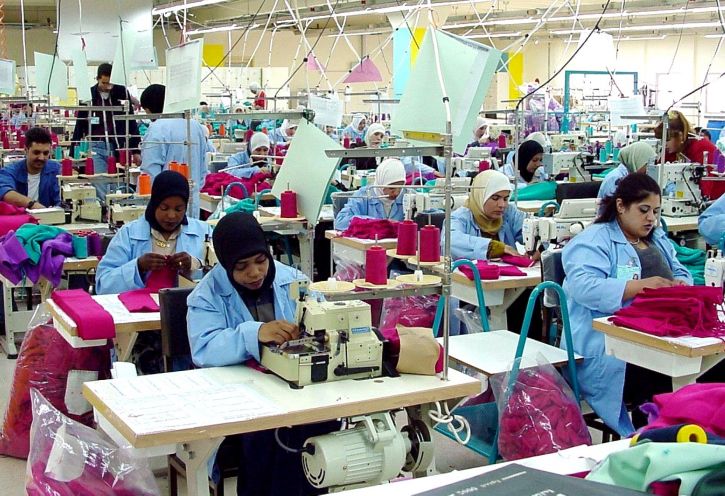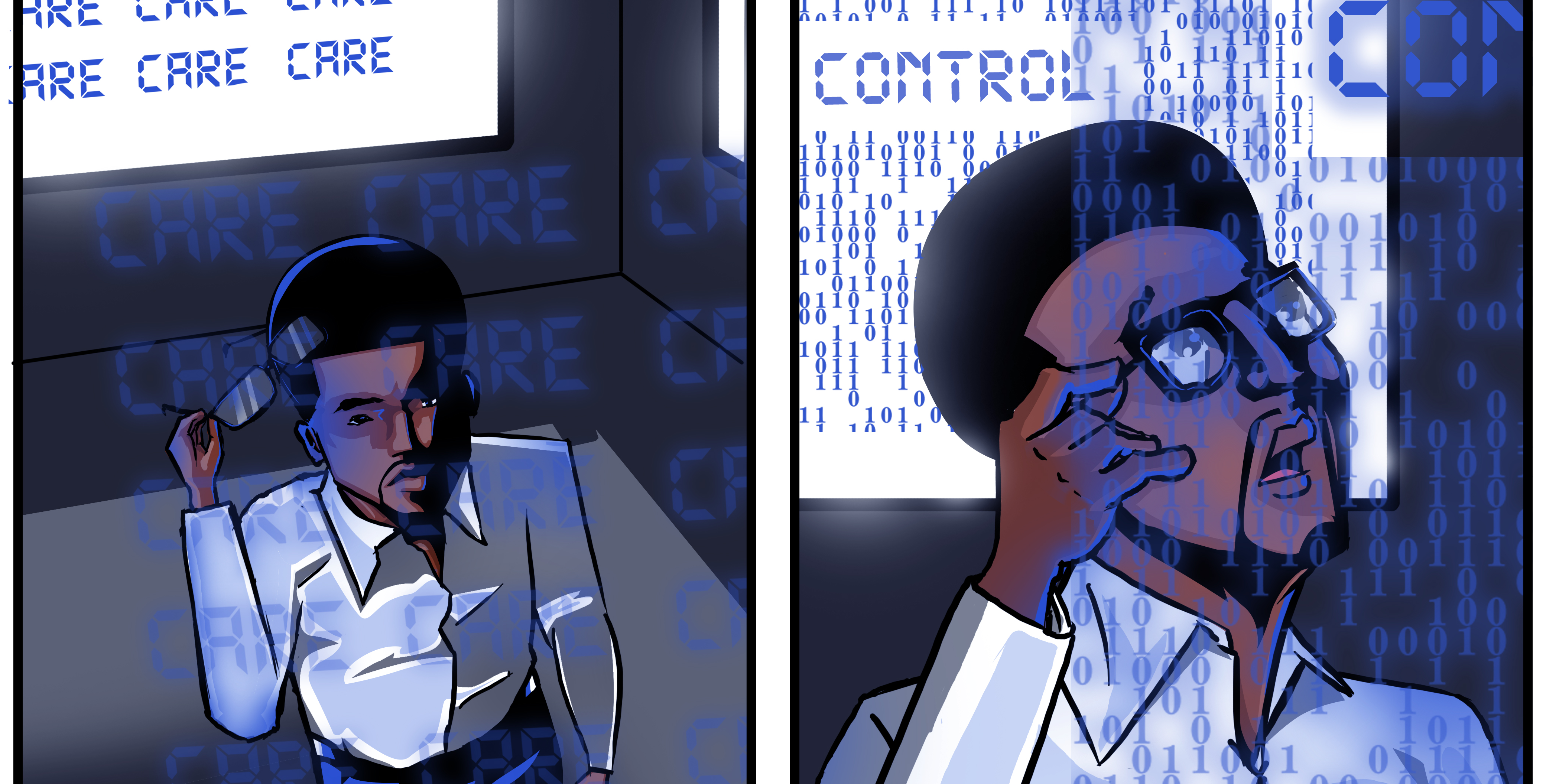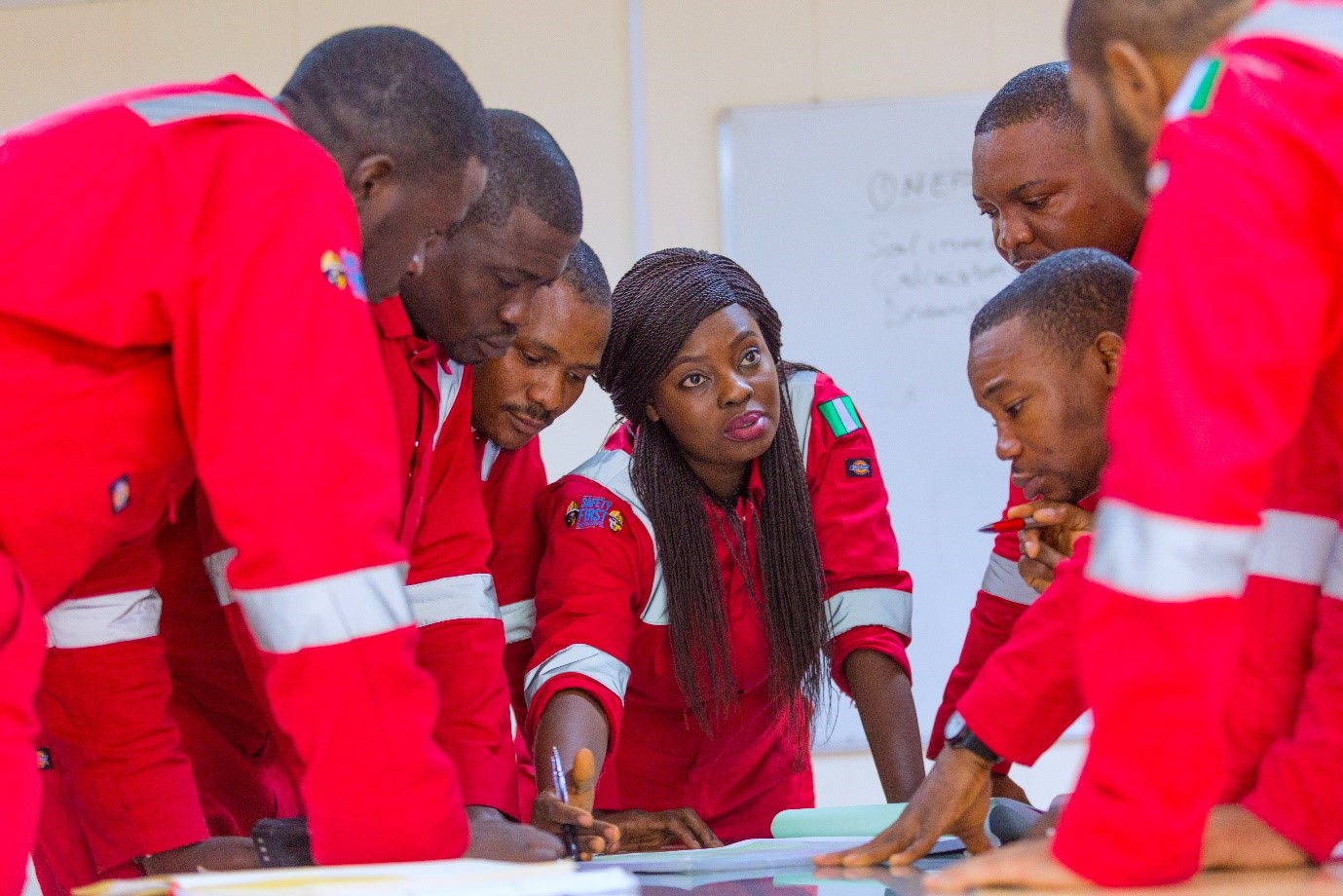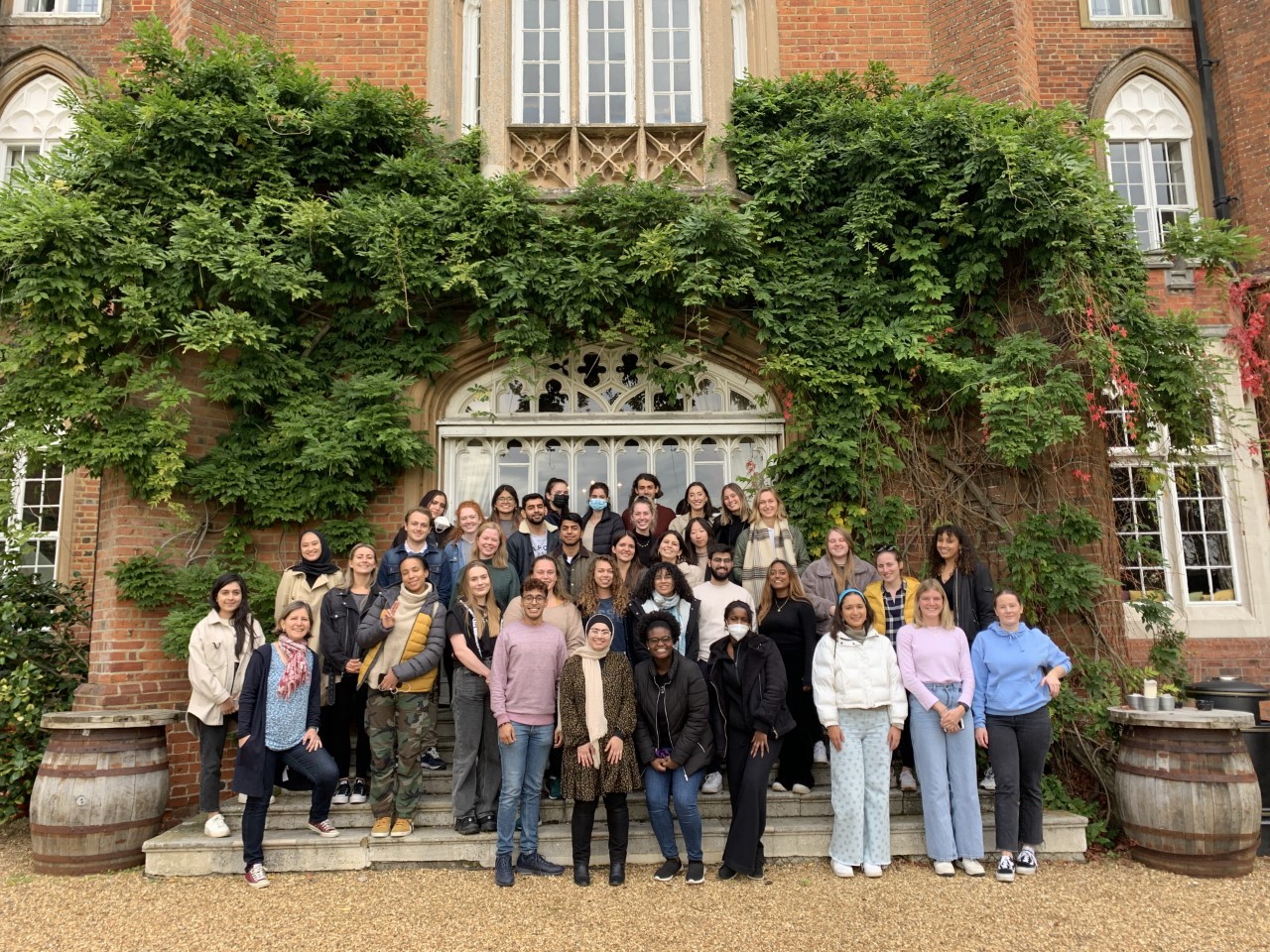MSc International Development and Humanitarian Emergencies student, Soo Bin, writes about her Consultancy Project experience with the International Committee for Voluntary Agencies (ICVA) and the Inter-Agency Standing Committee (IASC). The project focused on Accountability to Affected People at Gaziantep, Turkey, to promote accountability in the humanitarian system in response to the Syrian crisis.
My team of four IDHE students had a valuable consultancy experience with the International Committee for Voluntary Agencies (ICVA) and Inter-Agency Standing Committee (IASC) to contribute to the heated discussion about accountability in the humanitarian system. The project focused on the Accountability to Affected Populations (AAP) framework that aims to improve the commitment of humanitarian actors for greater accountability to people they seek to support. After we narrowed down our geographical focus to Gaziantep, Turkey, we finalised our terms of reference centred around the two main questions:
- What good practices and key learnings can be taken from Gaziantep with regards to AAP, particularly in promoting greater inclusion of Local/National and International NGOs and affected populations?
- What are the key learnings from the Gaziantep workshop and feedback process, and how can these learnings be adopted to improve the future rollout of the AAP Framework?
Even though we were quite confused with many acronyms and jargon at the beginning, our first meeting was filled with excitement and ambition. After sharing our skills and past experiences, we worked on our role assignment to bring out our best contribution to the project. It felt so daunting to take on these responsibilities, but all of us became more confident with our respective roles as we worked on our project. During the whole project, all of us willingly helped each other to balance our workloads and openly shared our concerns, which were very important for our teamwork.
Unfortunately, our initial plan was cancelled, so we had to narrow down our terms of reference and reorient it towards the two-step approach to the research. As a team, we were disappointed that we couldn’t learn more about various countries and their AAP implementation, but we believed that the focus on the AAP engagement in Gaziantep helped us better carry out the context-specific analysis.
The first part of the research focused on interviews and desk-based research to develop a good practice case study document. Given the diversity and expertise of NGOs operating in the region, our interviews with representatives of NGOs aimed to identify their best practices of AAP and key challenges they experienced whilst engaging with the framework. Most notably, lack of funding and incoherent understanding of AAP were the fundamental obstacles to the improved quality of service delivery and integration of feedback from affected people. It was also interesting to learn about the role of language in gatekeeping the participation of local NGOs and undermining their capacity to channel the voice of affected people. The interviews with NGO representatives demonstrated a discrepancy between the aspirations of commitment for greater downward accountability and structural limitations to accommodate this.
The second part of the project focused more on the reflection of the workshop and recommendations to improve the process for the future rollout of the framework to different country contexts. Participation in the Gaziantep workshop for AAP as a virtual observer was a surreal experience to witness how the Action Plan, which serves as a guideline for AAP engagement, was developed through bilateral meetings and consultations with stakeholders. We were surprised by the positive remarks of the participants, who found the workshop as a platform to steer the future discussion and share their expertise. However, to improve the quality of future workshops, we recommended increasing the visibility of commitment from the leadership, diversity of participants, and accessibility of the Action Plan by using more commonly used language.
We are grateful that our clients were very supportive of our work during the entire project. We are very excited to see how our recommendations will be reflected in the future rollout of the Collective AAP Framework and the improvement of existing practices of NGOs in Gaziantep. We also had the great bonus of covering the theme of accountability in our course whilst working on the project. This consultancy project proved to be a great opportunity not only to apply our theoretical knowledge gained from our course, but also to improve our practical skills, such as communication and report-writing. Even though every part of the project was new and felt like a challenge, the experience gave me great confidence, and I am now better aware of my capacities and skills. We are also grateful that, after our final presentation in April, we have been given opportunities to present several more times to other relevant stakeholders.
The views expressed in this post are those of the author and in no way reflect those of the International Development LSE blog or the London School of Economics and Political Science.
Image Credit: George Ourfalian, EU Civil Protection and Humanitarian Aid on Flickr.





